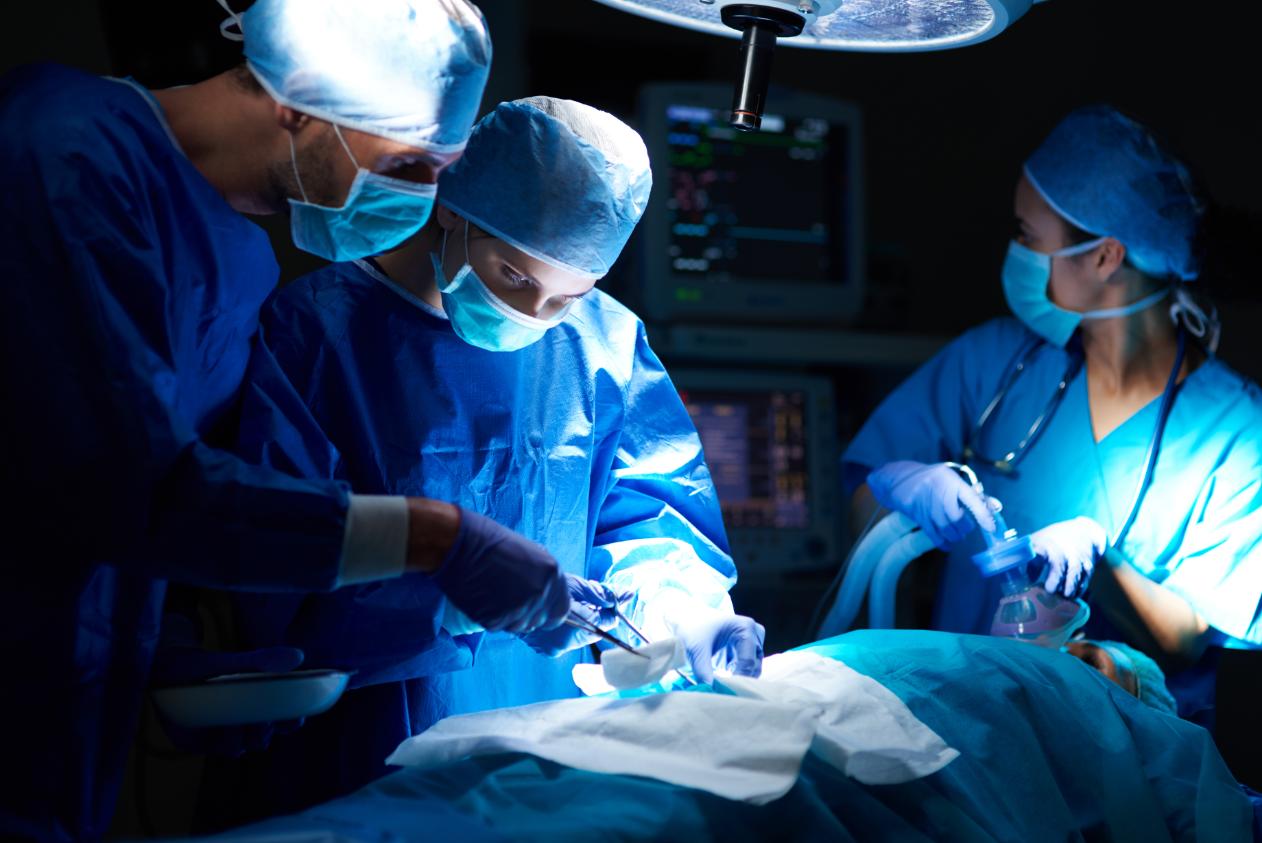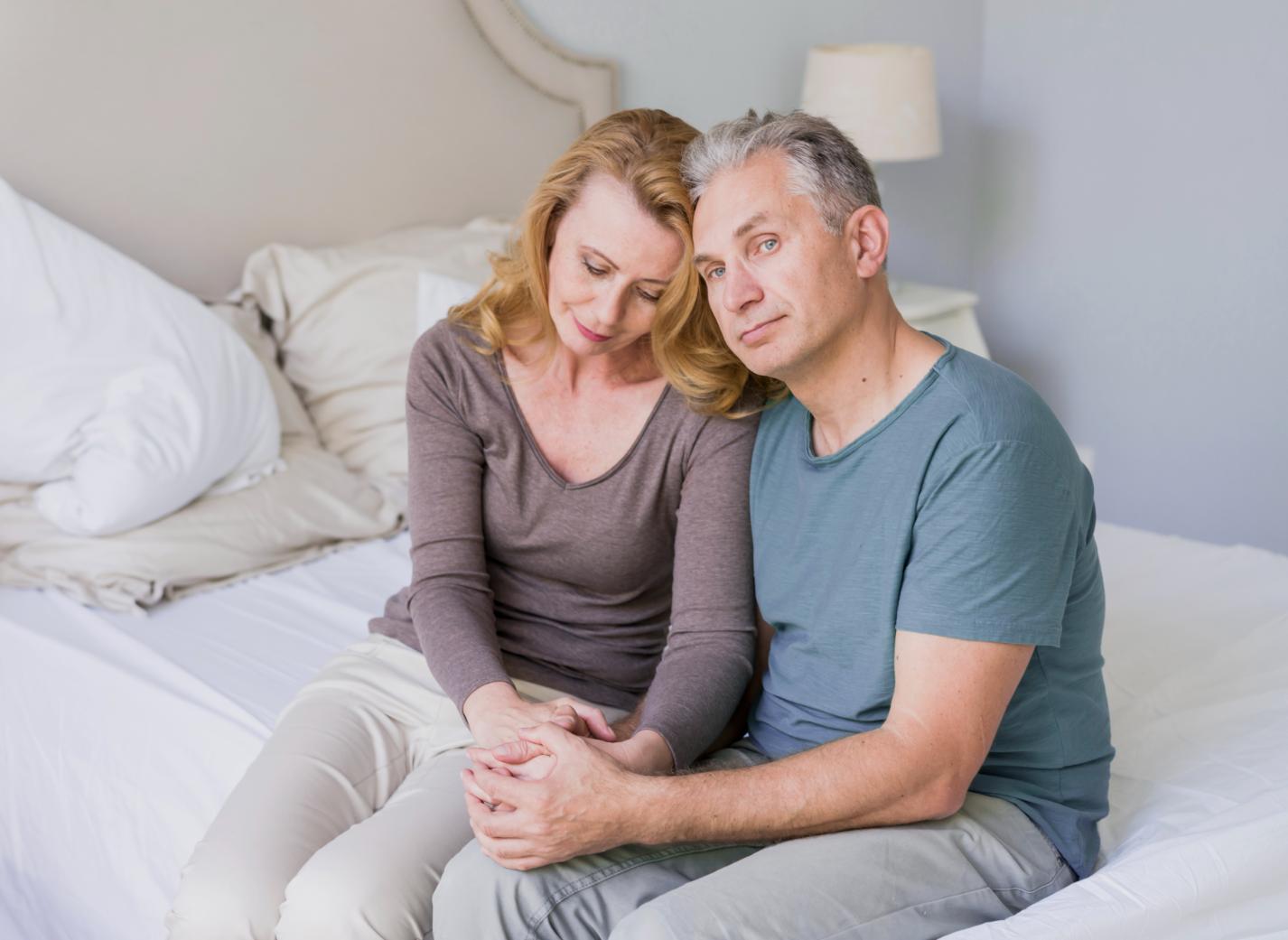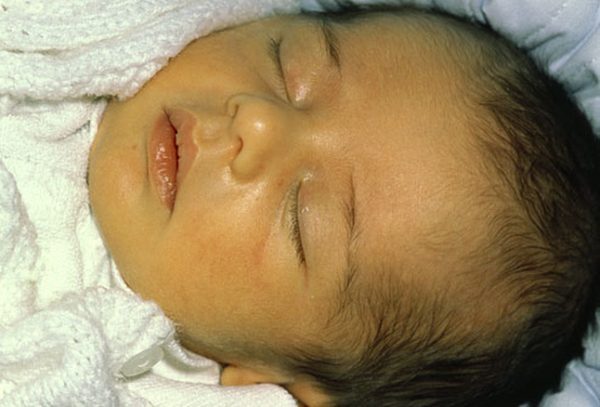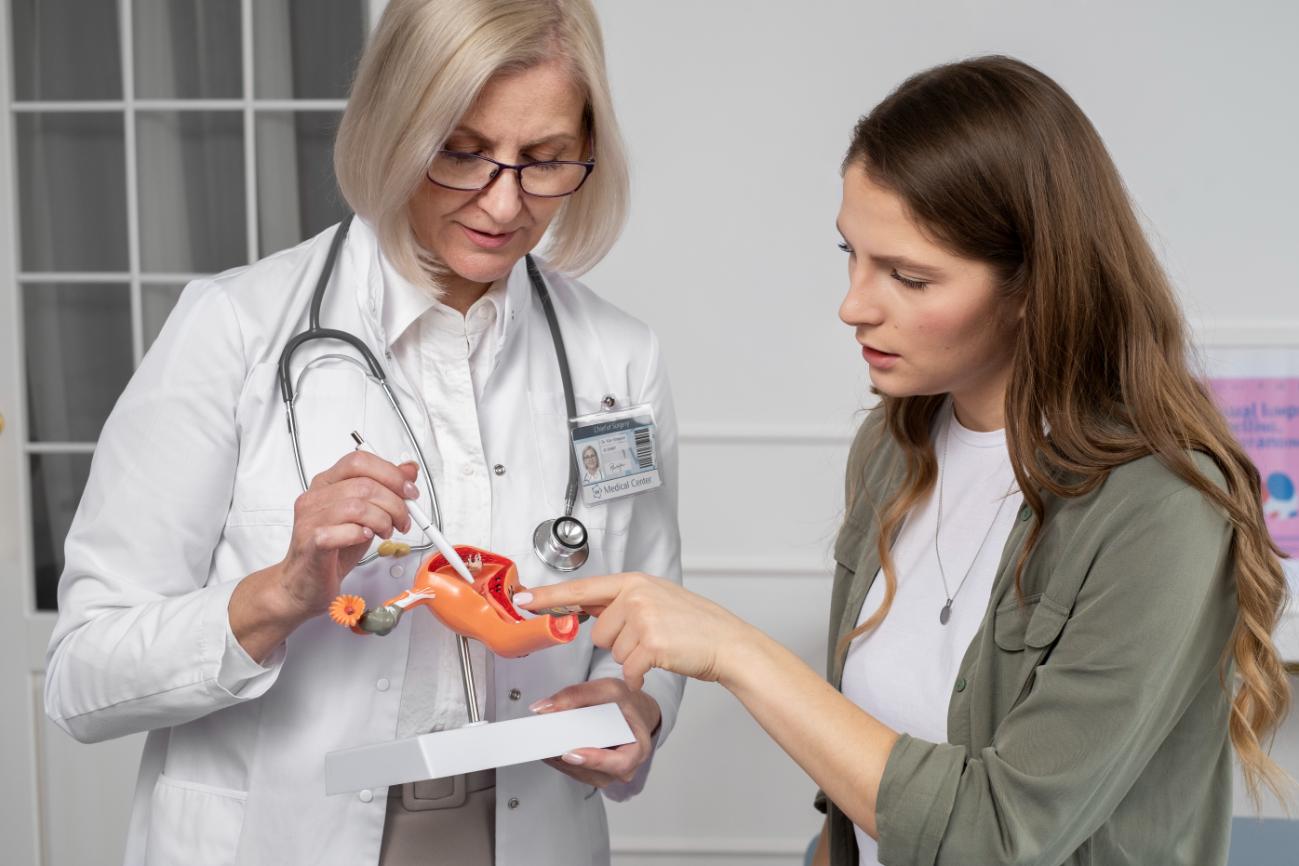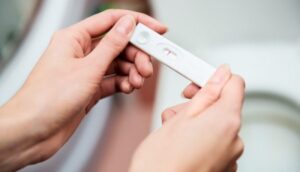
Age is inversely proportional to fertility and affects the ability to conceive and have a healthy baby. Though age affects fertility in both men and women, it is the single biggest factor affecting a woman’s fertility. For women, the beginning of their fertility years is marked by the beginning of ovulation and menstruation. It is generally well known that after menopause women cease to be fertile. Normally, reproductive potential takes a hit as women get older. Fertility can be expected to come to its logical conclusion five to ten years before menopause.
Let’s see how fertility and age are interrelated.
In her early to mid-20s, a woman has a 25 to 30 per cent chance of getting pregnant every month. Female fertility generally starts to decline when a woman is in her early 30s, and the decline speeds up after the age of 35. By age 40, the chance of getting pregnant in any monthly cycle is down to around five per cent.
In this day and age, age-related infertility is on a rise for a variety of reasons. Because of the increased pace of life and career taking the centre-stage, many women wait until their 30s to begin in the family way. There is no denying the fact that good health improves the chance of getting pregnant and having a healthy baby, but it cannot offset the natural age-related decline in fertility. Though women today are taking better care about themselves than ever before, it does not override the effects of age on a woman’s fertility. It is all the more important to understand that fertility declines as woman ages due to normal age-related decrease in the number of eggs that remain in her ovaries. This decrease in eggs can take place much faster than most women expect.
Influence of age on ovulation, menstrual cycle and fertility:
Unlike men, who continue to produce sperm throughout their lives, a woman is born with all the eggs she is going to have in her lifetime. Her eggs age with her and with time they deteriorate in quality and quantity. That is why age is the primary deciding factor affecting a woman’s fertility. During the fertile period of a woman, she has regular monthly menstrual periods as she ovulates regularly each month. As women age, fertility goes down due to normal age-related changes that occur in the ovaries. Just like eggs, a woman is born with all the egg-containing follicles in her ovaries that she will ever have. It is estimated that at birth there are about one million follicles. By puberty that number will have come down to about three lakhs. Of all the follicles in the ovaries, only about 300 will be ovulated during the reproductive years. Majority of the follicles are not used up by ovulation, but it happens through a gradual process called atresia in which the degeneration of ovarian follicles (ones that do not ovulate during the menstrual cycle) happens. Atresia happens irrespective of whether you are pregnant, have normal menstrual cycles, use birth control or are undergoing fertility treatments.
As you might be aware, a woman’s best reproductive years are in her 20s. Fertility starts deteriorating in 30s, especially after age 35. A 30-year-old woman has a 20% chance of pregnancy, which means that for every 100 fertile 30-year-old women trying to conceive in cycle one, 20 will succeed and the other 80 will have to try again. By age 40, a woman has only 5% chance per cycle. In other words, only 5 out of every 100 women can succeed each month. These percentages are true for natural conception as well as assisted conception using fertility-enhancing treatments.
Contrary to popular belief, a woman does not remain fertile until menopause. Though the average age of menopause is 51, most women can become unable to have a pregnancy some time in their mid 40s. Age-related decline in female fertility happens due to both the quality and quantity of eggs gradually decline. As the woman reaches mid to late 30s, egg quality decreases. As a result, there will be miscarriages. Therefore, a woman’s age is the most precise indicator for her egg quality. As for the quantity of eggs, decreasing egg-containing follicles in the ovaries is called “loss of ovarian reserve. Depletion of ovarian reserve starts way before infertility and stopping of actual periods. As the ovarian reserve depletes, follicles get less sensitive and require more stimulation for an egg to mature and ovulate.
To sum up, fertility naturally declines as women age. However, the time and rate of decline may vary from woman to woman, but always begin well ahead of menopause. Generally fertility starts to drop in late 20s and early 30s. After 35 the fall of fertility is a bit rapid. Women who postpone their pregnancy until or after 35 should be aware of the chances of success even with infertility treatments, that way the woman and her partner would be prepared to make the best decisions.
For enquiries related to Infertility treatment options, send a message to www.kjkhospital.com/contact[/vc_column_text][/vc_column][/vc_row]


